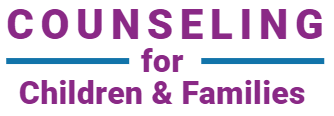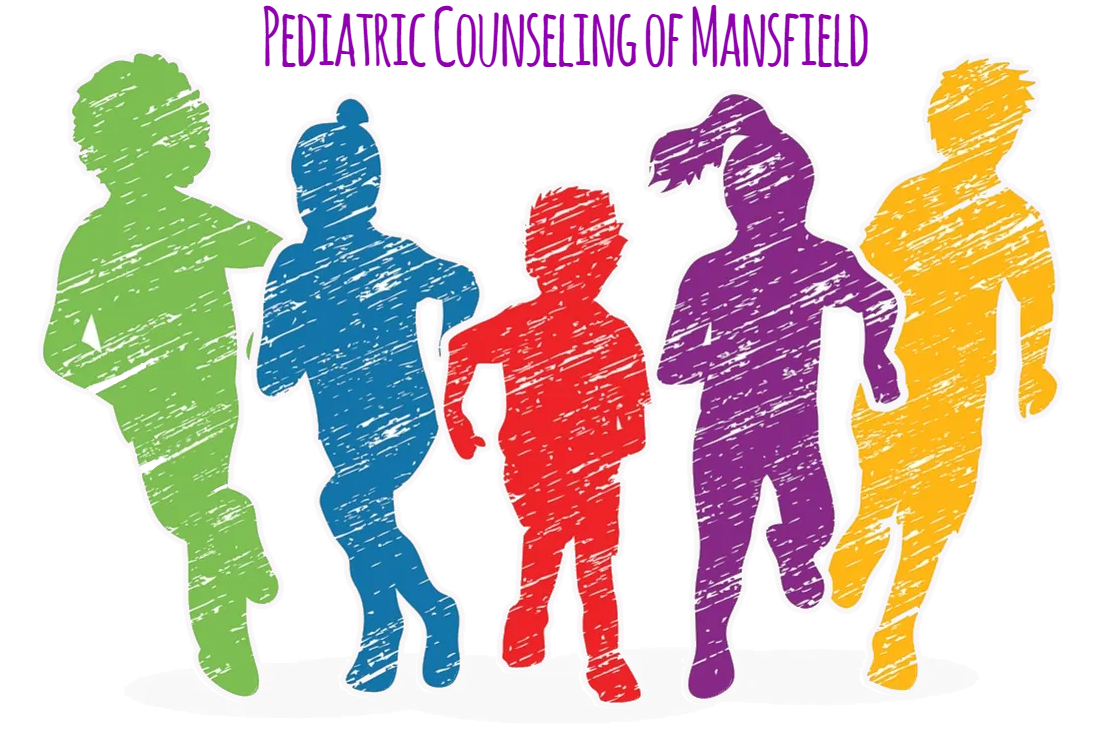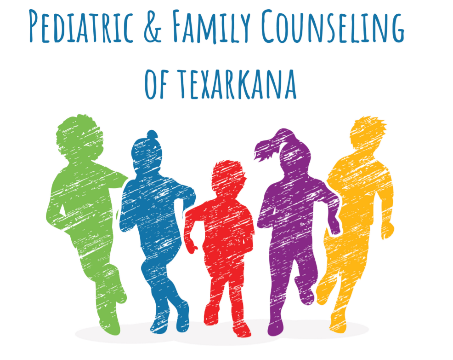Navigating The Seas of Parenthood: Understanding Different Parenting Styles
Parenting is an intricate journey filled with love, challenges, and the constant quest for balance. As parents, we all strive to provide the best environment for our children to thrive, but the path to effective parenting isn't one-size-fits-all. Different families adopt different parenting styles, each with its unique approach and philosophy. In this article, we'll explore some common parenting styles and the impact they can have on children.
Authoritarian Parenting
Authoritarian parenting is characterized by strict rules, high expectations, and low tolerance for deviation. In this style, parents are often seen as authority figures, and obedience is paramount. While this approach may foster discipline and structure, it can also lead to a lack of creativity and independence in children. Authoritarian parents tend to use punishment as a means of control, which may result in children becoming either overly compliant or rebellious.
Authoritative Parenting
Authoritative parenting strikes a balance between setting clear expectations and nurturing independence. Parents adopting this style are warm, responsive, and open to communication. They provide guidance while allowing their children to explore and make decisions within appropriate boundaries. This approach is associated with positive outcomes, as children raised with authoritative parenting tend to be self-reliant, confident, and socially competent.
Permissive Parenting
Permissive parenting is characterized by a lenient approach to rules and a high level of responsiveness. Parents in this category are often more like friends than authority figures, allowing considerable freedom for their children. While permissive parenting can create a nurturing and supportive environment, it may lead to issues like entitlement and a lack of self-discipline. Children raised with permissive parenting might struggle with authority and structure in other areas of life.
Uninvolved Parenting
Uninvolved parenting, also known as neglectful parenting, involves a lack of emotional involvement and minimal communication. Parents in this category may be physically present but emotionally distant, often prioritizing their own needs over those of their children. Uninvolved parenting can have serious consequences, leading to low self-esteem, emotional issues, and behavioral problems in children.
Helicopter Parenting
Helicopter parenting involves a high level of involvement and control, with parents constantly hovering over their children's lives. While the intention is to protect and support, this style can hinder the development of independence and problem-solving skills. Children raised by helicopter parents may struggle to handle challenges and adversity on their own.
Parenting is a dynamic journey that requires adaptability and an understanding that there is no one-size-fits-all approach. Each child is unique, and what works for one family may not work for another. Finding the right balance between structure and flexibility, discipline and warmth, is key to fostering a healthy and supportive environment for children to grow.
Ultimately, the most effective parenting style is one that aligns with the values of the family and promotes the well-being and development of each child. By understanding different parenting styles and being mindful of their potential impact, parents can navigate the challenges of parenthood with greater awareness and intentionality.







Counseling for Children & Families
Mansfield Location
Pediatric Counseling of
Mansfield
1848 Lone Star Road #125
Mansfield, TX 76063
pcmansfieldbilling@gmail.com
Texarkana Location
Pediatric and Family Counseling of Texarkana
1109 College Drive
Texarkana, TX 75503
Copyright © 2023 Pediatric Counseling of Mansfield - All Rights Reserved.





